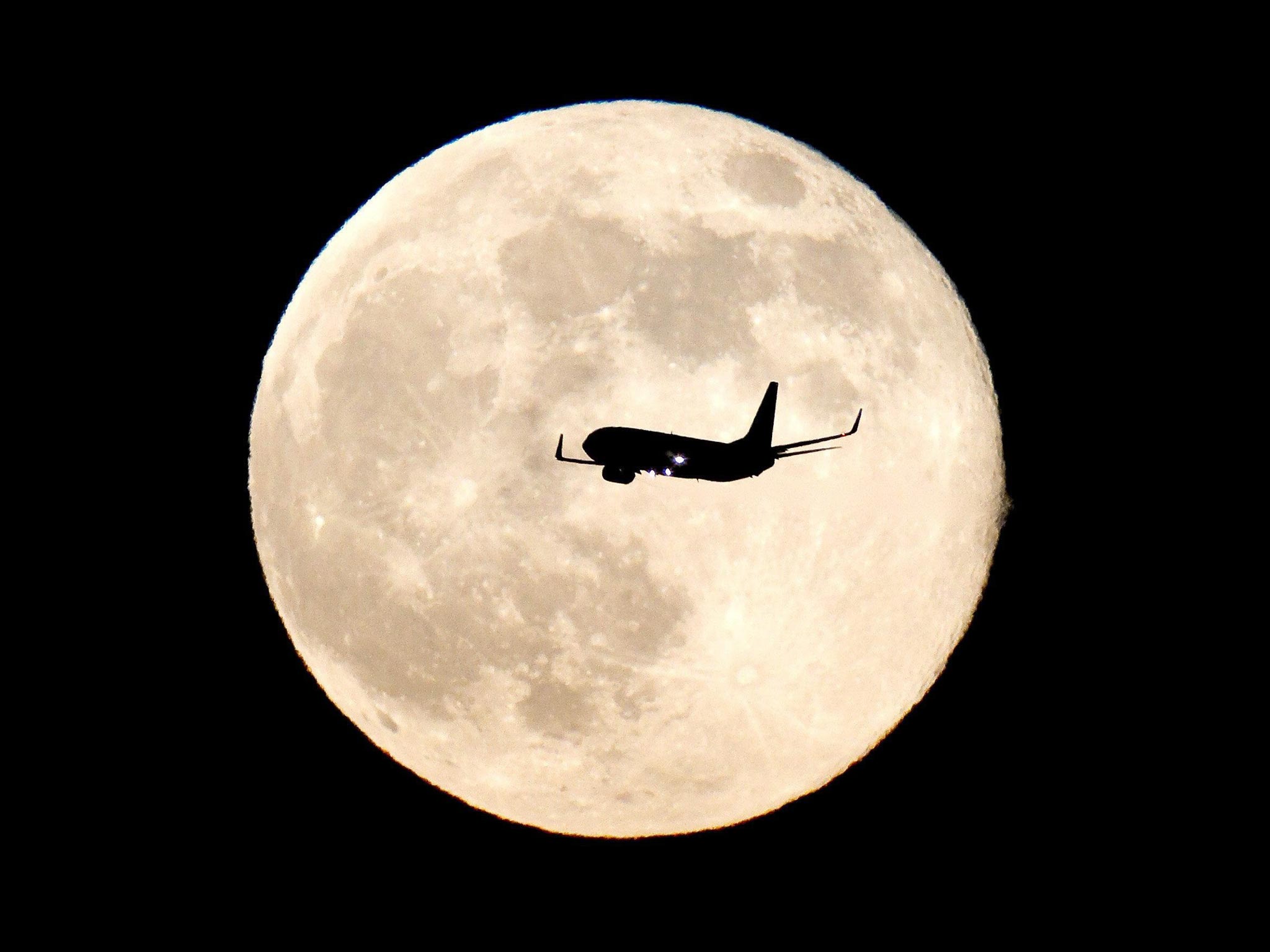Supermoon 2014: All you need to know about this Sunday's supermoon
What is it? When is it? and Where is the best place to see it?

Your support helps us to tell the story
From reproductive rights to climate change to Big Tech, The Independent is on the ground when the story is developing. Whether it's investigating the financials of Elon Musk's pro-Trump PAC or producing our latest documentary, 'The A Word', which shines a light on the American women fighting for reproductive rights, we know how important it is to parse out the facts from the messaging.
At such a critical moment in US history, we need reporters on the ground. Your donation allows us to keep sending journalists to speak to both sides of the story.
The Independent is trusted by Americans across the entire political spectrum. And unlike many other quality news outlets, we choose not to lock Americans out of our reporting and analysis with paywalls. We believe quality journalism should be available to everyone, paid for by those who can afford it.
Your support makes all the difference.This Sunday night a supermoon will light up the skies above Britain.
Closer to the earth than it has been in over twenty years, stargazers will see a moon 14 per cent bigger and 30 per cent brighter than usual.
So as astronomers get ready for what will be a once-in-a-lifetime phenomenon, we give you everything you need to know about this weekend's supermoon.
What is a supermoon?
The scientific name for a "supermoon" is a perigee moon, perigee meaning “closest point to earth”. It refers to the phenomenon when the moon is in its “full moon” stage, and at its closest point to earth during its yearly orbit. With the moon being closer, it appears far bigger and far brighter. Estimates believe that this Sunday’s supermoon will appear over 14 per cent bigger and 30 per cent brighter to stargazers below.
When do they happen?
The supermoon on Sunday will be the second in a trio of supermoons this summer, with one having happened on 12 July and the next one due to appear on 9 September. To have three in such close proximity is very rare and it is not expected that this will happen again until 2034. In general, supermoons occur on average every 13 months.
Dates for future supermoons
10 August, 2014
9 September, 2014
28 September, 2015
14 November, 2016
2 January, 2018
Why is the supermoon on Sunday so special?
According to astronomers, Sunday will see the moon closer to earth than it has been in the last 20 years. For just 26 minutes at around 6.10pm, the moon will reach its full perigee stage, taking it to within 221,765 miles of earth.
Sunday’s supermoon will also coincide with the Perseid meteor shower, a yearly occurrence that will see more than 100 meteors appear in our skies over the weekend.
Will the supermoon affect the tides?
With the moon being so close to the earth it will have an impact on Britain's coast. Spring tides are expected and this will see those that live on the coast experiencing higher tides than normal for this time of year.
Where is the best place to see the supermoon?
If you want the best view of Sunday’s supermoon, you should head to northern Scotland. According to scientists, this is where the moon will appear lowest on the horizon in Britain.
Could the supermoon bring about the end of life as we know it?
No. Despite The Daily Express reporting that the "rare lunar event could bring about the end of the world", I wouldn't start planning for a post-apocalyptic existence just yet.
Join our commenting forum
Join thought-provoking conversations, follow other Independent readers and see their replies
Comments